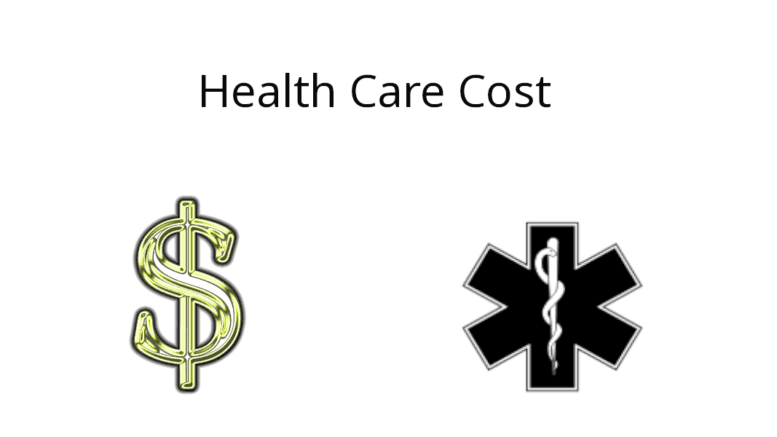[This opinion article is by Debbie Corkill, a resident of Dallas, Georgia originally from Cobb County]
I’m a 64-year-old great-grandmother, and I am pure Georgia. I was born in Marietta, grew up in Smyrna, and I’ve lived in Dallas for the past 13 years. I love it here. But there’s something wrong in Georgia, and in our country.
It’s not right that a hard-working couple like me and my husband, Michael, are only one sick day away from homelessness. Prices are so high that we’ve run out of corners to cut to save money.
I worked hard my whole life in many different industries. I always loved the challenge of learning something new. I first was a bank teller for Trust Company Bank and then Georgia Federal Bank. Then I worked at Inman Railroads for about three years. Next, I moved into retail at BP, and then finally I got a job at Dollar Tree. The common thread with all the jobs is that I loved talking to the customers at each one. I thought I would work in retail forever, but then I developed COPD and emphysema.
My symptoms eventually got so bad that I was forced to leave the workforce altogether. I wanted to keep working, but my body wouldn’t let me. I had to quit because of my health. It was really hard to know I couldn’t do everything I used to do.
Beyond putting me out of work, medical issues steadily have taken a bigger and bigger toll on our family’s finances. Michael works, but has no health insurance. I get Medicaid, but it comes with copays I can’t afford. COVID recently sent him to the hospital, which left us with a $2,000 bill we can’t afford. We’re trying to get that bill reduced, but it’s incredibly stressful and we don’t know what will happen.
Additionally, I’m not well enough to drive myself to my own appointments, so Michael has to take me, which is really tough because he doesn’t get any paid leave to help me. I need to schedule my doctor’s appointments within one day per month so my husband doesn’t miss work. It’s a dangerous game of dominoes: If Michael misses more than one day of work in a month, we fall behind on rent. If that were to happen, we’d be homeless. Not to mention that if Michael lost his job, we would have no source of income. We coordinate closely to make it work, but it gets frustrating.
It was hard before costs started rising so much, but lately it’s gotten even harder to stay afloat. Prices of everything have doubled. I’m doing everything that I can to cut back and survive, and have to choose between expenses. Take ground beef and chicken, for instance. I used to buy both and cook them up all kinds of ways. Now I buy one and add dried beans to go with it. Or I buy soup because that’s all we can afford. Even makeup has become a luxury I just can’t afford.
Every month, we juggle our car insurance bill and phone bill. Sometimes we can only pay half and make arrangements to pay at another time. Michael can only work so much, but it’s not enough to cover both bills. It’s called survival.
Before I got sick, we hoped to buy a home. But housing costs are just too high. We’re currently living in a Motel 6 extended stay right now because it’s all we can afford. I’m scared here. It’s depressing and dangerous.But we can’t afford anything else. This isn’t a home: it’s a place you stay before you’re homeless.
We need help now. And it’s not just us – I know so many people who are struggling to get by and one bout of bad luck away from living on the streets in this economy. I’m really grateful that Congress passed the Inflation Reduction Act, which will help lower the cost of my medical expenses and utility bills in the long-term, but we need more. We need immediate action in the form of a fresh round of direct stimulus payments.
We need more affordable housing and more money in our pockets to cover the basics, like gas and groceries. Our state elected officials should pass another round of relief checks to make sure that families like mine don’t need to choose between turning on the lights or paying for our car insurance.
Politicians need to take a moment to live in our shoes, feel the anxiety of falling behind on bills wondering whether or not you can afford to eat. Maybe then, they will finally have the courage to work for the people and not themselves.
Debbie Corkill lives in Dallas and is a member of WorkMoney, “an organization helping people earn more and pay less.”
